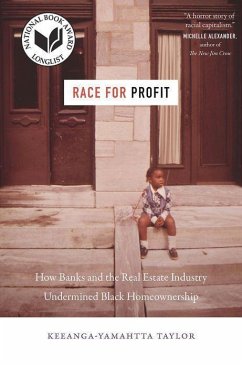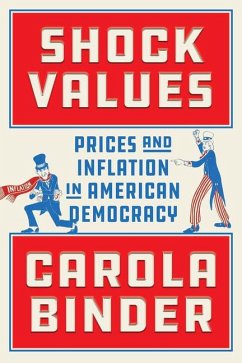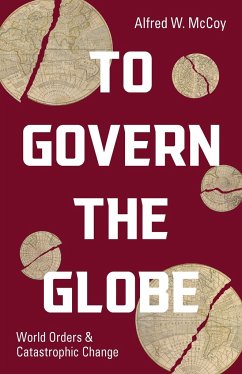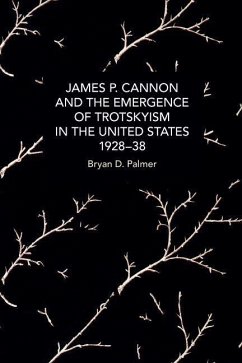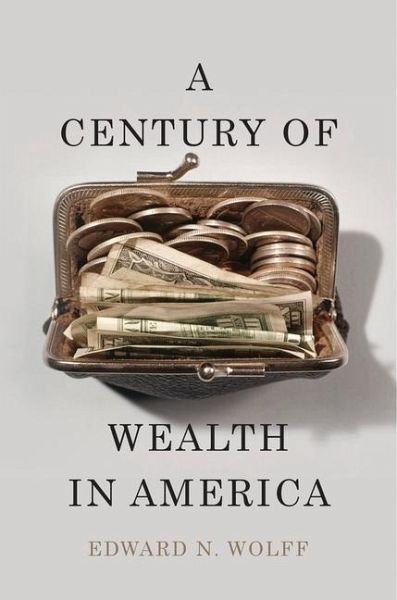
A Century of Wealth in America
Versandkostenfrei!
Versandfertig in über 4 Wochen
41,99 €
inkl. MwSt.

PAYBACK Punkte
21 °P sammeln!
Edward Wolff, one of the country's leading experts on household wealth, here provides a comprehensive study of wealth in America since 1910. The century brought shifting patterns in the ownership of wealth; Wolff explains the changes, offers ideas about how to reduce inequality, and explores issues in how to measure wealth in the first place. A Century of Wealth in America is not designed to advance one overarching argument; rather, its aim is to provide in one place the accurate information needed to consider many arguments. Still, Wolff presents no fewer than ten major findings in its pages....
Edward Wolff, one of the country's leading experts on household wealth, here provides a comprehensive study of wealth in America since 1910. The century brought shifting patterns in the ownership of wealth; Wolff explains the changes, offers ideas about how to reduce inequality, and explores issues in how to measure wealth in the first place. A Century of Wealth in America is not designed to advance one overarching argument; rather, its aim is to provide in one place the accurate information needed to consider many arguments. Still, Wolff presents no fewer than ten major findings in its pages. One of these is that median household wealth has recently returned to the levels of 1969. Another is that the average wealth of black families relative to white families has slipped significantly in recent years, after thirty years of stability. A third finding: the US has changed since 1950 from being one of the most equal countries in the developed world to being one of the most class-ridden. For many readers thebook will serve as a complement to Thomas Piketty's Capital in the 21st Century. But while it reinforces Piketty's argument in many ways, it concentrates on wealth (as opposed to income), for example, and says much more about the poor. Wolff's ideas are also different than Piketty's on issues of inheritance (he's less worried about it) and the relationship between r (the rate of return to capital) and g (the overall rate of economic growth). He argues that inequality rises if r for the top one percent isgreater than r for the middle class. Finally, thanks to its focus on America, the book provides much more fine-grained detail about the country, not least about the demographics of wealth and poverty.--




